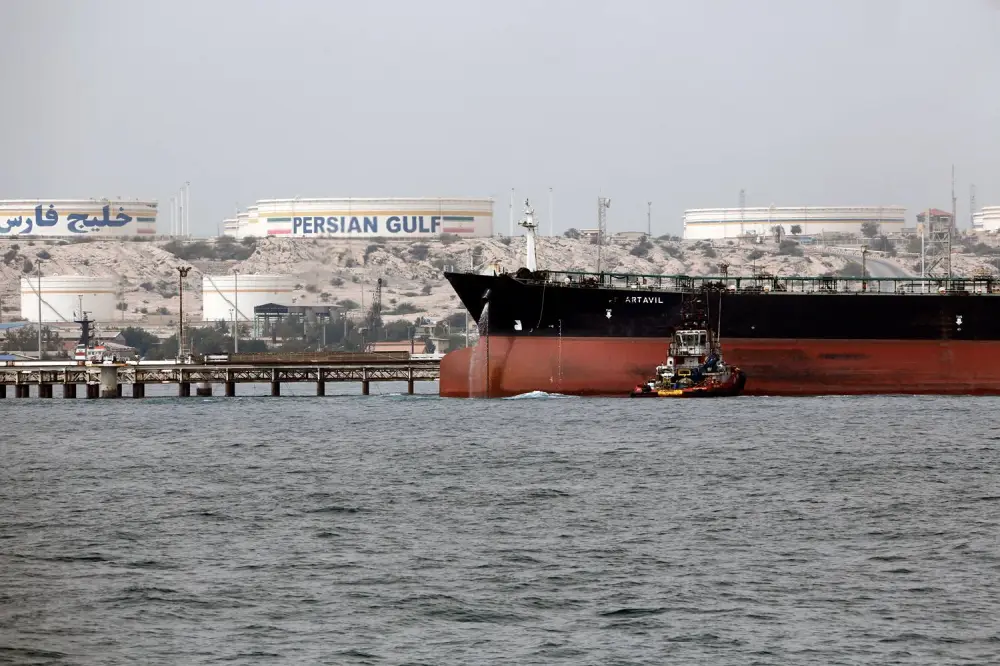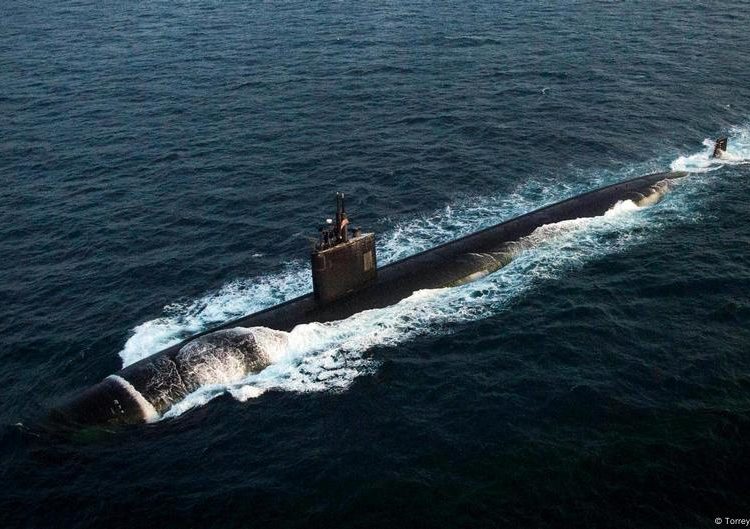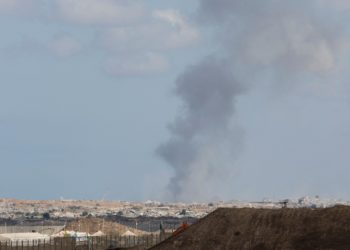The United States on Thursday dialed up the economic pressure a little more on Iran, with a spate of new sanctions designations meant to curb Iran’s trade in liquefied petroleum gas, further constrain the fleet of tankers it uses for illicit oil exports, and by targeting an additional Chinese port that is a destination for Iranian energy.
Coming just days after the snapback of previously suspended United Nations sanctions on Iran’s nuclear program, as well as the reinstatement of separate sanctions from Britain and the European Union, the latest step makes clear that Western countries are not tending Tehran an olive branch after the latest breakdown in diplomatic talks.
The latest U.S. moves, announced by the Treasury and State departments, go after Iran’s secondary but still profitable trade in liquefied petroleum gas—think propane or butane—that is widely used for cooking and heating in Asia. The trade is worth hundreds of millions of dollars a year to Iran, a far cry from the $40 billion or so it banks annually from sales of crude oil and products to buyers led by China.
Additional U.S. steps include the designation of another nearly two dozen “shadow fleet” vessels, bringing the total number of blacklisted ships in the Iranian oil trade to over 150. The Treasury Department also designated another oil terminal in a Chinese port that is a conduit for what are essentially black-market oil sales. Iran, despite crippling U.S. and Western sanctions, still exports about 2 million barrels of oil a day, mostly to China, which uses increasingly baroque workarounds to finance its Iranian purchases and avoid U.S. sanctions.
The latest U.S. measures seem incremental because there is no more low-hanging fruit to pluck: U.S. sanctions pressure on Iran has, especially under the Trump administration, been intensified to target oil sales, banks, oil traders, weapons networks, and even some buyers of Iranian products.
But it is the direction of travel that matters. The United States, the United Nations, the United Kingdom, and the European Union have all recently ramped up pressure on Iran’s already-wobbly economy to bring Tehran back to the negotiating table.
At issue is Iran’s continued advancement of its nuclear program and insistence that it has the right to enrich uranium, the critical precursor for an atomic weapon. Talks between Iran and the United States made little progress this spring before Israeli and U.S. airstrikes on Iranian nuclear facilities in June blew up the diplomatic track, as well as a number of buildings.
Iran said this week that it has no plans to resume talks with the main European countries that impelled the snapback of U.N. sanctions, and it shot down speculation that talks with the United States were about to resume.
The post U.S. Ratchets Up Pressure on Iranian Energy appeared first on Foreign Policy.




